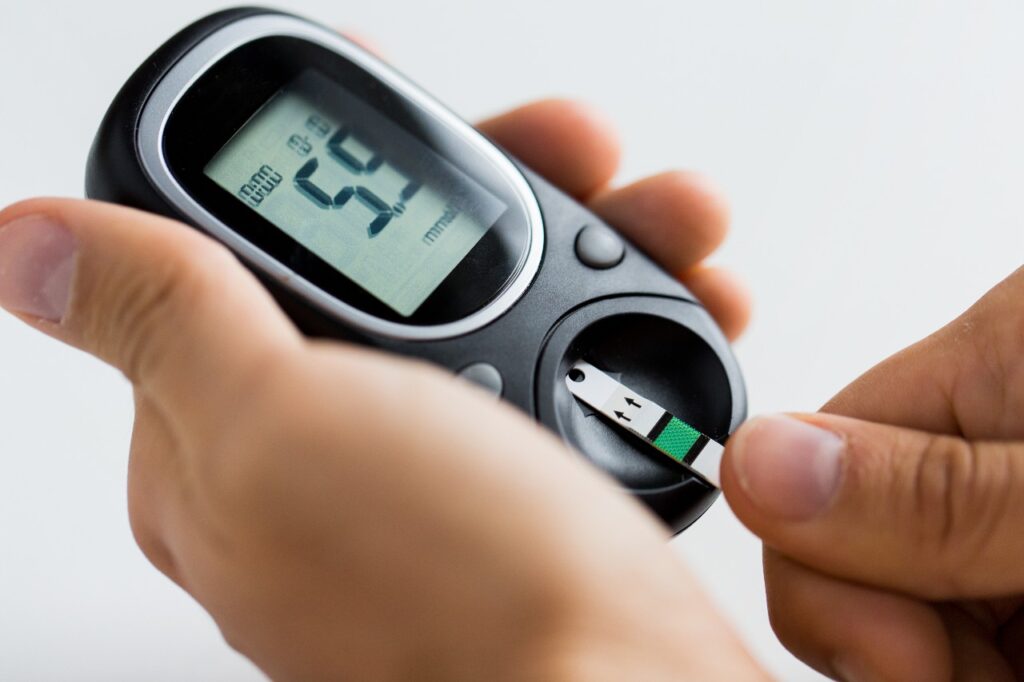In the realm of diabetes management, accurate blood glucose monitoring is paramount. Individuals rely on blood glucose meters for precise readings to make informed decisions about their health. However, various factors can influence the accuracy of these devices. In this comprehensive guide, we delve into the intricacies of blood glucose meter accuracy, shedding light on the key factors that impact its reliability.
Understanding Blood Glucose Meter Accuracy
Blood glucose meter accuracy refers to the device’s ability to provide readings that closely align with laboratory values obtained through venous blood sampling. Accuracy is crucial for individuals with diabetes, as it dictates the efficacy of their treatment plans and influences their overall well-being.
Factors Affecting Blood Glucose Meter Accuracy
Calibration
Blood glucose meters require periodic calibration to maintain accuracy. Failure to calibrate the device according to manufacturer instructions can lead to discrepancies in readings. Regular calibration ensures that the meter remains aligned with laboratory standards, enhancing its accuracy.
Quality of Test Strips
The quality of test strips used in blood glucose meters plays a pivotal role in determining accuracy. Inferior quality strips may yield inconsistent results, leading to inaccuracies in glucose readings. Investing in high-quality test strips from reputable manufacturers is essential for reliable measurements.
Environmental Conditions
Environmental factors such as temperature and humidity can affect the performance of blood glucose meters. Extreme temperatures or high humidity levels may alter the chemical composition of test strips, resulting in erroneous readings. It’s crucial to store both the meter and test strips in a controlled environment to minimize the impact of environmental conditions on accuracy.
Must Read How to get insurance coverage for Continuous Glucose Monitors?
User Technique
The manner in which the user operates the blood glucose meter can significantly influence accuracy. Factors such as inadequate blood sample size, improper insertion of test strips, and insufficient cleaning of the meter can all contribute to inaccuracies. Proper training and adherence to manufacturer guidelines are imperative to ensure correct usage and accurate results.
Interference from Substances
Certain substances present in the bloodstream can interfere with blood glucose meter readings. For example, high levels of vitamin C or uric acid may produce falsely elevated glucose readings, while medications containing acetaminophen can cause falsely decreased results. Awareness of potential interferences and their impact on accuracy is essential for interpreting blood glucose readings accurately.
Read More About Exploring Benefits of Freestyle Libre 3 Sensor for Diabetes Management
Aging and Wear of the Device
Over time, blood glucose meters may experience wear and tear, affecting their performance and accuracy. Components such as the battery, display screen, and sensor may degrade with prolonged use, leading to diminished accuracy. Regular maintenance and replacement of worn-out parts are necessary to preserve the meter’s accuracy and reliability.
Blood Sample Contamination
Contamination of the blood sample with substances such as food residue, dirt, or sweat can compromise the accuracy of glucose readings. Proper hygiene practices, including thorough handwashing before testing and ensuring a clean testing site, are essential to prevent sample contamination and maintain accuracy.
Also, read about PharmaSens’ ‘niia essential’ Simplifies Insulin Management
Conclusion
Blood glucose meter accuracy is influenced by a multitude of factors, ranging from device calibration and test strip quality to user technique and environmental conditions. Understanding these factors and taking appropriate measures to mitigate their impact is crucial for obtaining reliable glucose readings. By prioritizing accuracy and adhering to best practices, individuals can effectively manage their diabetes and make informed decisions about their health.
By addressing the factors affecting blood glucose meter accuracy, we empower individuals with diabetes to take control of their health and achieve optimal glucose management.


